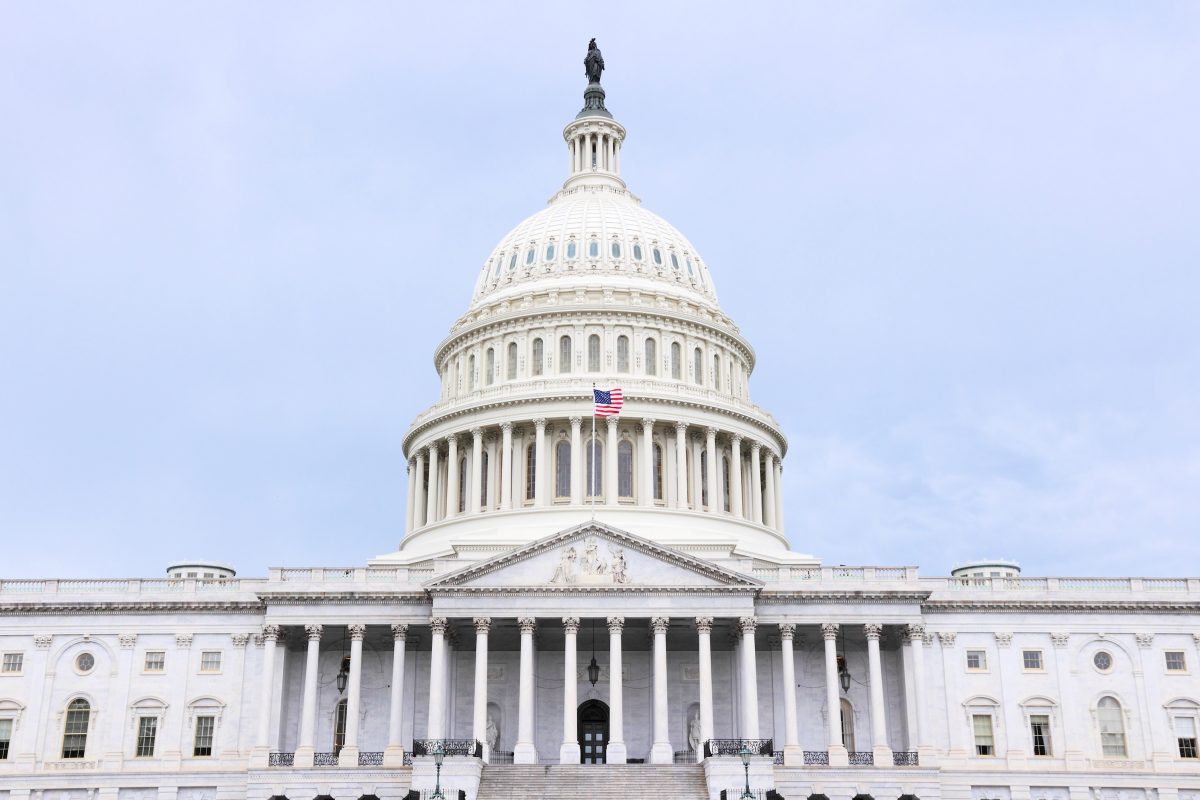Each spring starts the annual appropriations process in the U.S. House and Senate. Both the U.S. House and Senate Appropriations Committees have 12 subcommittees that are tasked with compiling legislative bills that provides funding for operations, personnel, equipment, and activities.
ANA monitors the entire appropriations process and advocates for nursing priorities to be inserted into the Labor Health and Human Services (LHHS-ED) legislation. The LHHS-ED Subcommittee has jurisdiction under the following: the U.S. Department of Education; the U.S. Department of Health and Human Services; the U.S. Department of Labor; and many related agencies.
The House LHHS-ED released its Fiscal Year (FY) 2021 Report and the Full Committee Markup is this week. Upon reviewing the information, ANA was pleased to see several items, including:
- $10 million increase to Title VIII Nursing Workforce Development Programs for a total of almost $270 million.
- $1.454 million increase to National Institute of Nursing Research for a total of $170.567 million in FY 2021.
- In January 2017, the Occupational Safety and Health Administration (OSHA) committed to developing and issuing a workplace violence standard, but the agency has not yet completed a required small business review, and there is no estimated date for the issuance of a proposed or final rule. The Committee believes issuing a workplace violence standard to protect workers in health care and social services should be a top priority for the Department of Labor. It has required for OSHA to report to Congress on its progress within 90 days of passage of the appropriations legislation.
- The Committee provides $5 million to make grants to establish or expand optional community-based nurse practitioner fellowship programs that are accredited for practicing postgraduate nurse practitioner in primary care or behavioral health.
- The Committee included $41.7 million for the Mental and Substance Use Disorder Workforce Training Demonstration program – a $15 million increase. This program supports training for medical residents and fellows in psychiatry and addiction medicine, nurse practitioners, physician assistants, and others, to provide SUD treatment in underserved communities. It includes an additional $15,000,000 for new grants to expand the number of nurse practitioners, physician assistants, health service psychologists, and social workers trained to provide mental and substance use disorder services in underserved community-based settings
- The Committee asked the Substance Abuse and Mental Health Services Administration (SAMHSA), with the Department of Education, develop a standard for providing all school-based teachers and nurses with suicide prevention training to treat mental health challenges experienced by younger Americans.
- Provides funding to strengthen Historically Black Colleges and Universities (HBCUs). This program provides grants to specified colleges and universities making a substantial contribution to graduate education opportunities at the Master’s level in mathematics, engineering, the physical or natural sciences, computer science, information technology, nursing, allied health, or other scientific disciplines.
- $2 million dollar increase is included for the Minority Fellowship Program (MFP), for a total of $16.169 million in both the Center for Mental Heath Services and the Center for Substance Abuse Treatment. The MFP aims to improve behavioral health care outcomes for racial and ethnic populations by growing the number of racial and ethnic minorities in the nation’s behavioral health workforce. The program also seeks to train and better prepare behavioral health practitioners to more effectively treat and serve people of different cultural and ethnic backgrounds.
As appropriations work continues in the U.S. House and Senate this summer, ANA Government Affairs staff will continue to monitor its progress and will keep you updated.

